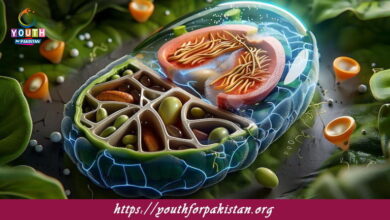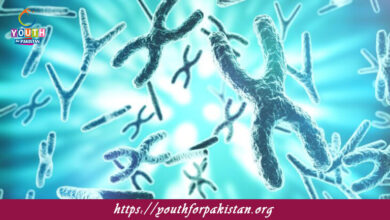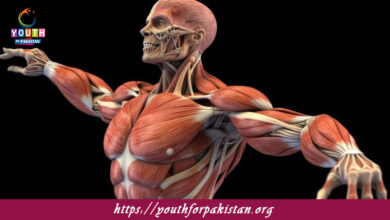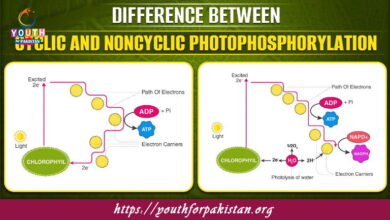Biological Molecules MDCAT Quiz with Answers
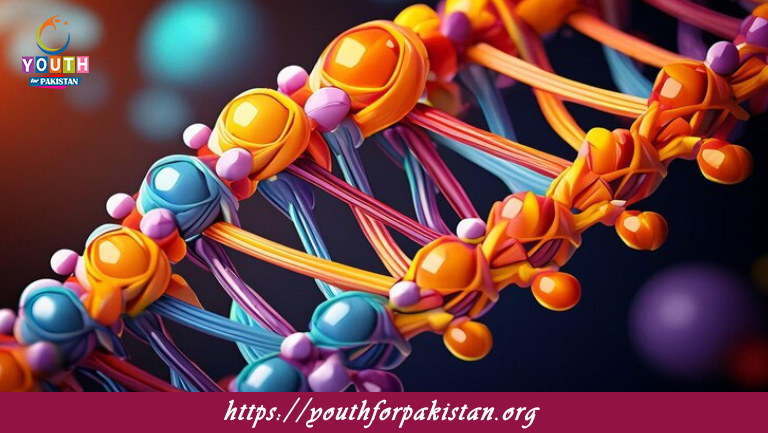
Biological Molecules MDCAT Quiz: Biological molecules are the building blocks of life, crucial for structure and function in cells. The classes of biological molecules are carbohydrates, proteins, lipids, and nucleic acids, which participate in various functions that keep metabolism and cellular processes in an organism in order. MDCAT preparation starts from the very basics of understanding biological molecules because biochemistry and molecular biology are rooted in it.
Types of Biological Molecules
Carbohydrates: These are the primary energy source for living organisms. Simple sugars like glucose provide immediate energy, while complex carbohydrates like starch and glycogen store energy for long-term use.
Proteins: Made of amino acids, proteins perform diverse functions, including enzymatic activity, structural support, and transport. Enzymes, for instance, speed up biochemical reactions crucial for life.
Lipids: These include fats, phospholipids, and steroids; they have functions in energy storage, membrane structure, and signaling. Lipids are hydrophobic and serve as long-term energy reservoirs.
Nucleic Acids: DNA and RNA store and transmit genetic information that guides the synthesis of proteins and assures hereditary continuity.
Importance of Biological Molecules
Biological molecules participate in major processes that include metabolism, cell signaling, and structural integrity. Interactions in such pathways as glycolysis, protein synthesis, and DNA replication maintain life. The study of these molecules is important for medical students since any imbalance or mutation may cause diseases.
Test Your Knowledge with an MDCAT Quiz
An MDCAT Quiz on Biological Molecules will test your understanding of their structures, functions, and importance in processes at the cellular level. It will include questions related to types of carbohydrates, the structure of amino acids, the classification of lipids, and the functions of nucleic acids. Practicing these quizzes will ensure you are well-prepared for related MDCAT questions.
Free Flashcards for Quick Revision
Free Flashcards on Biological Molecules summarize the structure and functions of carbohydrates, proteins, lipids, and nucleic acids. These flashcards highlight important terms like peptide bonds, ester linkages, and composition of a nucleotide, hence serving as a quick and effective revision tool for the MDCAT exam.
Experience the real exam environment with our expertly designed collection of over 25,000 MCQs MDCAT Mock Tests.



